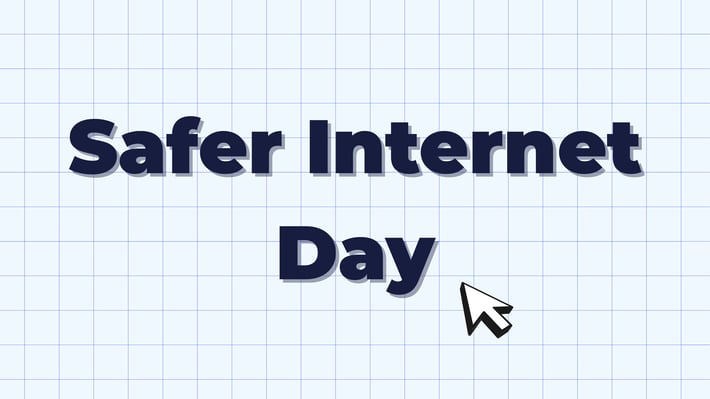
FTTC vs. FTTP: What's the difference?
Not all fiber is the same. Here's what you need to know about FTTC vs. FTTP and when to pick one over the other.
If you're up to speed on the difference between fiber and cable internet, then you likely already know the basics about what fiber is and how it works. However, not all fiber is the same. There are different kinds, including FTTC and FTTP, and it's good to know which kind you're getting before you sign up for fiber internet service.
Here's everything you need to know about FTTC vs. FTTP, what kind of high-speed internet connection each delivers and when to pick one over the other.
What is FTTC?
FTTC stands for fiber-to-the-curb (also known as FTTN or fiber-to-the-node), and it's pretty much what it sounds like. When you get FTTC installed, the technicians install your fiber link right up to the curb outside your home or business. From there, a coaxial cable or similar type of connection carries the internet signal across what's called the “last mile” into your residence or place of work. FTTC is handy and cost effective because it usually piggybacks on existing network infrastructure to deliver internet service. FTTC relies on older technology to transmit signals from the curb into the building, so its network performance isn't quite as impressive as what you get with FTTP. Your internet connectivity doesn't take much of a hit in the end, though, as the last mile is quite short.
What is FTTP?
Fiber-to-the-premises, or FTTP, brings a fiber connection all the way into your home or business—right to your router. Because this connection is often going directly to a home, FTTP is also known as fiber-to-the-home or FTTH. With this approach, you don't have to worry about any signal degradation or loss of bandwidth because you're connecting the fiber directly to your network hardware. With FTTP, you can tap the full power of fiber internet with no limits, and your network connection will be a little more reliable than it would be with FTTC. The only catch is that FTTP costs a bit more, and it may not be available where you are yet. To find out if you can get FTTP service, reach out to your internet service provider (ISP).
FTTC vs. FTTP
When it comes to speed, the winner is clear: FTTP is faster than FTTC. FTTP is also future proof, giving you maximum flexibility to upgrade your internet to even higher speeds down the road. Since FTTP doesn't depend on older coaxial or twisted pair cables to transmit a signal across the last mile, you'll never have to worry about older technology holding you back as you take advantage of your best-in-class internet connection. When the time comes to upgrade to even higher speeds, you'll only need to switch out your router instead of having to replace the entire cabling infrastructure that runs between your home or business and the curb.
FTTP costs a little more than FTTC, and it's not yet as widespread or as easy to find as FTTC. If your router isn't that far away from the curb, then you might not even notice much of a dip in network performance if you go with FTTC. In that case, you might decide that FTTC gives you a good enough internet speed for your household. But if speed and reliability are especially important to you, then FTTP may be the right choice. If you want full access to even higher-speed connectivity in the future, you may want to consider investing in FTTP. While FTTC might be less expensive and easier to access now, only FTTP will open the door to the blazing-fast internet speeds that are on the way.
Know the difference between FTTC and FTTP
Now that you know the differences between FTTC and FTTP in detail, you can pick the right kind of fiber internet for your home or business. While many ISPs offer fiber service, not many of them can say that they provide true FTTP. Much of the time, they're only offering FTTC, which comes with some limitations. If you care about getting the fastest fiber internet connection possible, be sure to choose a fiber internet provider like Ting, which always offers an FTTP connection.
Check to see if Ting's FTTP internet is available in your area.
.png?length=710&name=Blog%20banners%20(27).png)

